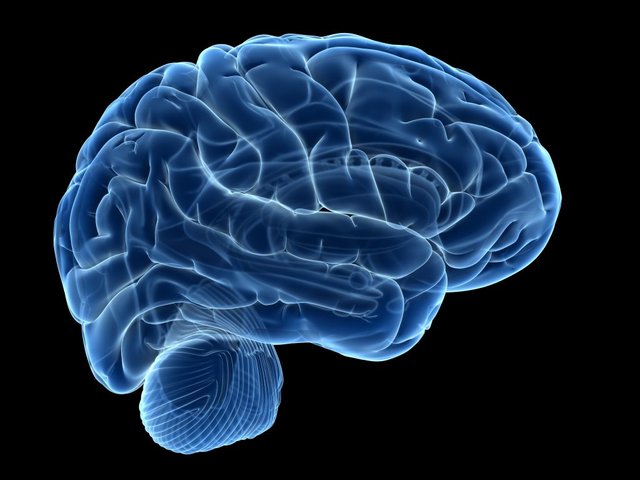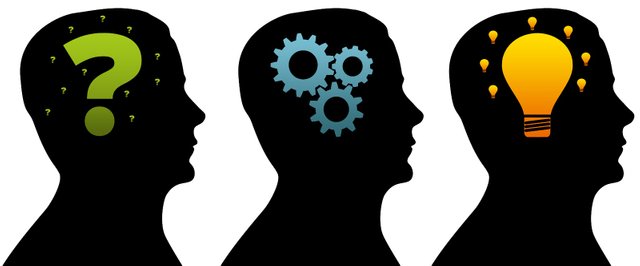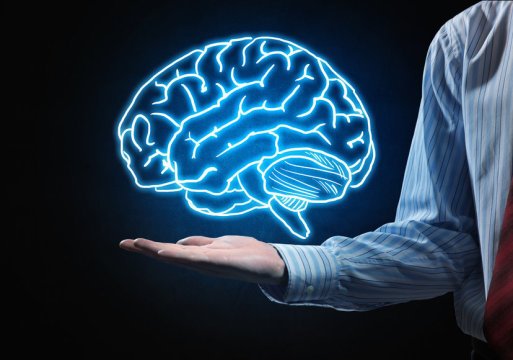Do you trust your brain?
We often trust our brains unconditionally. We feel that the brain represents extraordinary intelligence, representing thousands of years of human evolution, and the limitless potential of those we are unknown.
But sometimes, our brain will go wrong, or our brain is sometimes less friendly to us. Such as:
You will unconsciously recall some of the past you want to forget;
There is always a voice telling you: you are not good enough, you can't, you don't deserve it;
The brain makes you believe that the world is dangerous, you are a powerless victim and everyone are against you;
Or you are always daydreaming, fantasizing that you got rich overnight, getting free pie in the sky, run away from the reality with countless "if"...

Do you think you're hopeless? In fact, you are not the problem, but your brain is. These are the cognitive deviation of our brain, we are still far from giving everything to our brain.
These deviations include:
1. Our brain doesn't pay attention to what we gain, but it cares too much about what we lose.
2. The human brain doesn’t like to accept new things, doesn’t like to change.
3. Our brain will forget some of the memories we want to save, but save some of the memories we want to forget.
But how are these deviations formed?
First of all, humans have undergone a long evolutionary process, and the most important task of the brain is to ensure that we survive and ensure our safety and survival needs, so our brain deals with problems with a conservative method.
Secondly, the information in the brain is divided into regions, relatively store information fragmentedly, and through memory, form a more fixed way of thinking. This information and way of thinking will not automatically update with the growth and environmental changes, so the brain is also very stubborn.
Then again, the human brain has to deal with a lot of complex information every day, will instinctively relax and rest. These cognitive deviations in the brain are a by-product of a conservative and stubborn brain that processes a large amount of complex information.

The painful past, the stubborn way of thinking, and the negative self-perception that we cannot forget are the memories and messages that the brain preserves.
These memories and ways of thinking play a very important role in ensuring our initial survival, for example, not talking to strangers. But as we grow older, we are faced with more complex situations where we need to adapt and change our mindset to meet new needs.
How do we correct these cognitive deviations in the brain? There is no way we can control what our brains recall, or what our brains think. But we can make judgments about the information in our brain, constantly update the cognitive system, so that it is reasonable and orderly, more suitable for the current environment and circumstances.
We can use the sense of autonomy to organize the disordered and uncensored information in the brain for our use. As if putting the scattered beads with a thread.
Stay aware. When the voice in your brain sounded again, carefully analyze which voices are right, which are wrong, the brain need to be reminded that this is not in line with the current situation.
If you are judged and decide that the idea in your head is wrong, you can say to the idea: I see you, I understand, and please be quiet now.

We need to make good use of our brains. We need to recognize that we have free will, we can control our own attention, we should be masters of our brain, let our brain serve us, not become slaves to our brain.
The intelligence of the brain, especially comprehension, is the most precious gift of mankind.
We can use comprehension to recognize the nature of the learner, to understand that we have not only the ego but also the spiritual self, that is, the advanced self, to understand that we are individuals with sufficient nature and infinite potential.
The most important thing is to combine people's intelligence with the spiritual self, with the free will of oneself, and constantly overcome the ego, continue to progress, continue to improve.
When we recognize the essence of our spiritual nature and manage our minds on the basis of self-improvement, we have the mainline and direction to make informed choices.
In this way, we slowly get rid of the control of our brain, and slowly have self-awareness.


Posted from my blog with SteemPress : http://walkinharmony.vornix.blog/2019/01/18/do-you-trust-your-brain/
I don't trust my brain and it doesn't trust me.
Interesting perspective I never saw it that way, but it is true, the brain usually deceive us, as sometimes do the other senses.
Congratulations @walkinharmony! You have completed the following achievement on the Steem blockchain and have been rewarded with new badge(s) :
Click here to view your Board
If you no longer want to receive notifications, reply to this comment with the word
STOPTo support your work, I also upvoted your post!